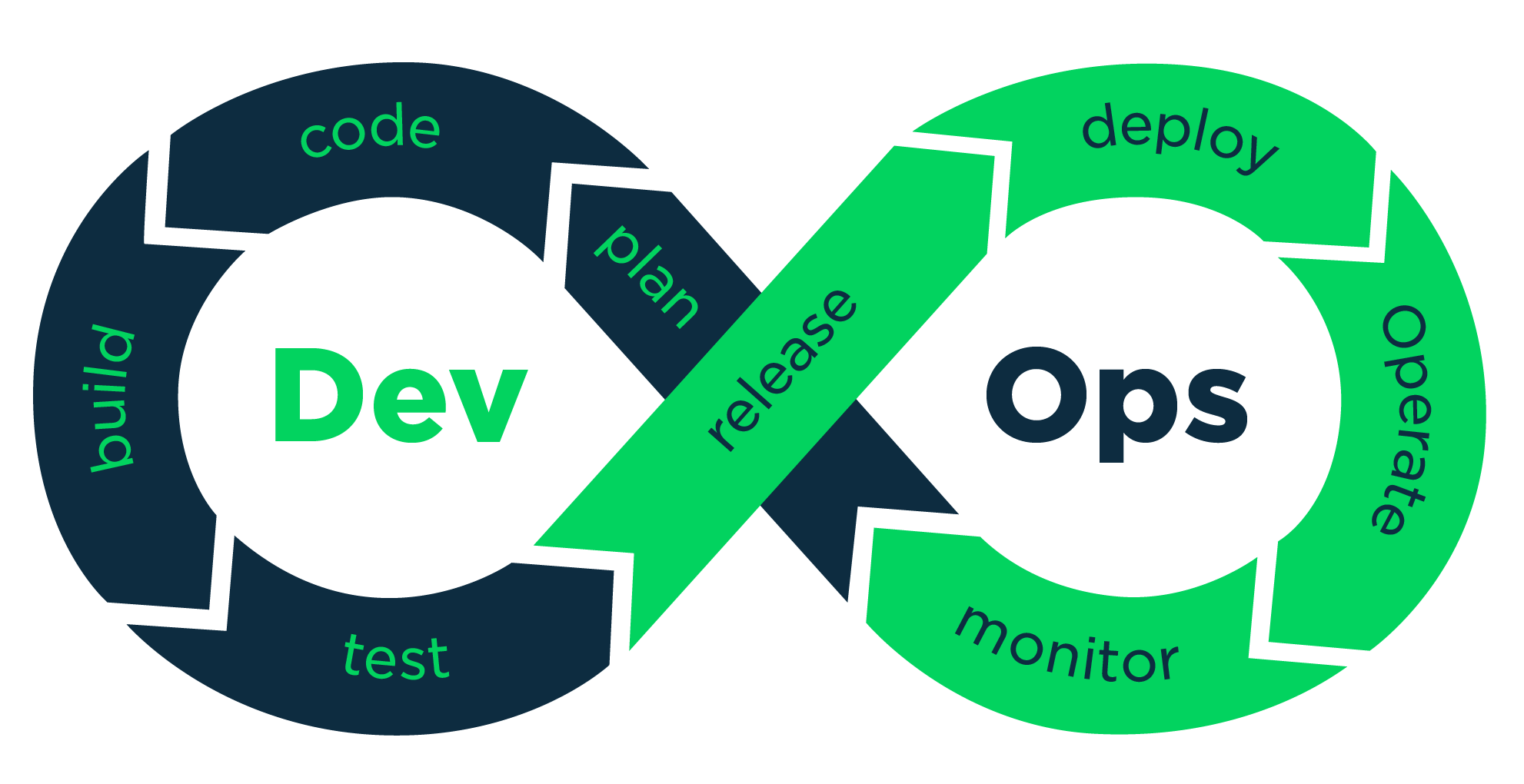DevOps has revolutionized software development, enabling teams to deliver faster, collaborate better, and build more reliable systems. However, misconceptions about DevOps often cloud its true value, leading to confusion and missteps in adoption. From believing it’s just a toolbox to assuming it’s only for tech giants, these myths can prevent organizations from reaping DevOps’ full benefits. In this blog, we debunk five common DevOps misconceptions, inspired by software engineer Cristian Barbosa’s insights, and provide actionable guidance to help you embrace the DevOps mindset. Whether you’re a developer, operations professional, or business leader, this guide will clarify what DevOps is—and isn’t.
5 DevOps Myths Debunked
1. Myth: DevOps Is All About Tools
Many people equate DevOps with tools like Jenkins, GitLab, or Terraform. While these tools are essential for automating workflows and scaling processes, they’re not the essence of DevOps.
Reality: DevOps is rooted in a culture of collaboration and continuous improvement. As Barbosa notes, “Tools support DevOps, but the real value comes from mindset and collaboration.” For example, adopting Docker for containerization is helpful, but without team alignment on shared goals, it’s just technology without impact. To succeed, prioritize open communication and cross-functional teamwork, then select tools that enhance those efforts.
Pro Tip: Start with cultural changes, like regular dev-ops syncs, before investing heavily in tools.
2. Myth: DevOps Replaces Developers or Engineers
A common fear is that DevOps eliminates traditional roles, forcing developers to become ops experts or vice versa. This misconception often arises when DevOps is misunderstood as a job title rather than a methodology.
Reality: DevOps aligns roles, not erases them. It encourages developers and operations teams to collaborate closely while leveraging their unique skills. Barbosa explains, “It brings them together, it doesn’t eliminate roles, it aligns them.” For instance, developers might contribute to CI/CD pipelines, while ops teams provide insights into system reliability. This shared responsibility reduces bottlenecks and fosters innovation.
Pro Tip: Use cross-training to build empathy—teach developers basic monitoring skills and ops teams simple coding concepts.
3. Myth: DevOps Is Only for Large Companies
Small teams and startups often assume DevOps is too complex or costly, believing it’s designed for organizations with vast resources like Google or Microsoft.
Reality: DevOps is for everyone. Small teams can adopt lightweight DevOps practices, such as automated testing or simple deployment pipelines, to gain speed and reliability. Barbosa highlights that “even small teams can benefit from faster feedback loops and automation.” For example, a solo developer can use GitHub Actions to automate code testing, saving time and reducing errors.
Pro Tip: Begin with free or low-cost tools like CircleCI or Travis CI to experiment with DevOps on a budget.
4. Myth: CI/CD Is the Same as DevOps
Continuous Integration and Continuous Delivery (CI/CD) are often mistaken for the entirety of DevOps, especially since they’re highly visible components.
Reality: CI/CD is just one piece of the DevOps puzzle. DevOps encompasses culture, monitoring, feedback loops, and shared responsibility. Barbosa clarifies, “CI/CD is just part of DevOps. There’s a lot more around culture, monitoring, feedback, and shared responsibility.” For example, a team with a CI/CD pipeline but no post-deployment monitoring misses critical DevOps principles like observability. True DevOps ensures every stage of the software lifecycle is optimized.
Pro Tip: Pair CI/CD with monitoring tools like New Relic or Datadog to complete the feedback loop.
5. Myth: DevOps Requires Deploying 100x a Day
The idea that DevOps mandates ultra-frequent deployments—sometimes dozens or hundreds daily—intimidates teams, making them feel they can’t keep up.
Reality: DevOps prioritizes reliable, frequent delivery, not arbitrary deployment quotas. Barbosa emphasizes, “You can [deploy frequently], but you don’t have to. The goal is reliable frequent delivery, not chaos.” A team deploying once a week with high confidence is practicing DevOps just as effectively as one deploying hourly. The focus is on automation and testing to ensure deployments are safe and predictable.
Pro Tip: Aim for consistent, quality deployments—start with weekly releases and scale up as confidence grows.
Why Understanding DevOps Matters
Falling for these myths can derail DevOps adoption. For instance, treating DevOps as a “tools-only” approach risks creating silos, while assuming it’s only for big companies excludes smaller teams from its benefits. By embracing DevOps as a holistic methodology, organizations can:
- Boost Collaboration: Break down barriers between teams for faster problem-solving.
- Increase Efficiency: Automate repetitive tasks to focus on high-value work.
- Enhance Reliability: Use monitoring and feedback to deliver stable software.
- Drive Innovation: Free up time for experimentation and new features.
How to Start Your DevOps Journey
To implement DevOps effectively and avoid these misconceptions, follow these steps:
- Build a Collaborative Culture: Host regular meetings between dev and ops to align goals. Tools like Jira can track shared tasks.
- Automate Incrementally: Start with a simple CI/CD pipeline using tools like Jenkins or GitLab CI.
- Monitor and Learn: Implement basic monitoring with tools like Prometheus to track system health.
- Educate Your Team: Offer workshops on DevOps principles to align everyone on the mindset.
- Measure Success: Track metrics like deployment frequency and mean time to recovery (MTTR) to gauge progress.
Conclusion
DevOps is a powerful methodology that transcends tools and buzzwords, fostering collaboration and efficiency across teams. By debunking these five common myths, we can focus on its core principles: alignment, automation, and continuous improvement. As Cristian Barbosa reminds us, “DevOps is way more than buzzwords and tools.” Whether you’re in a small startup or a large enterprise, adopting the DevOps mindset can transform how you build and deliver software.
Explore Textify Analytics – World’s largest charts Database
Check out RoomGenie – AI for your Hotels


